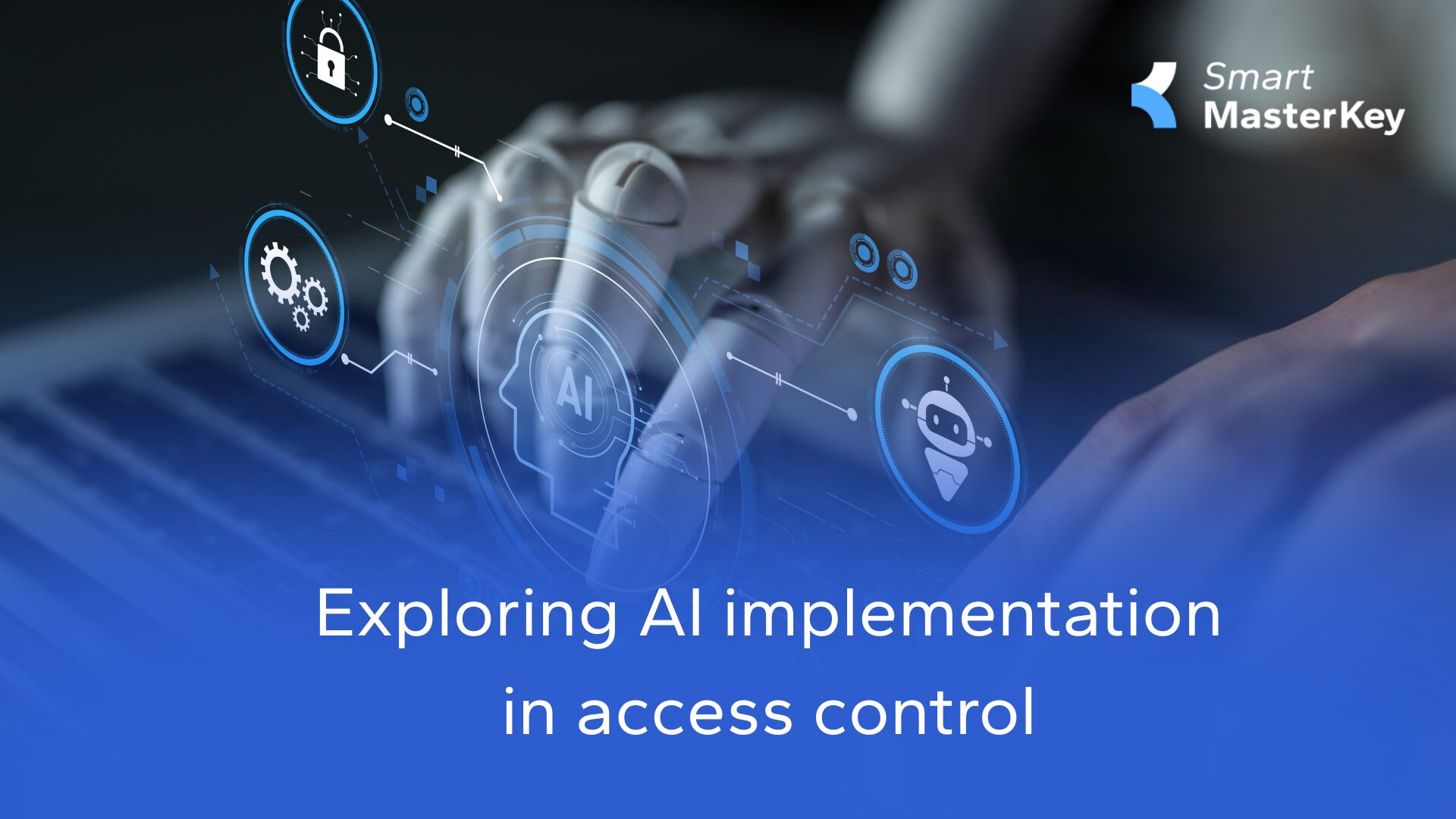Managing physical access is becoming more complex. Modern buildings host thousands of users, multiple tenants, and a wide range of security systems. Security managers and specialists face constant pressure to reduce risks, keep operations compliant, and ensure smooth workflows. Much of this work is still manual, repetitive, and prone to human error.
Agentic AI is changing that.
The Next Step in Access Control
Agentic AI refers to autonomous systems that can take initiative, make decisions, and act on behalf of humans within defined boundaries. Unlike traditional automation, these systems do not wait for direct commands. They analyze context, learn from patterns, and execute tasks aligned with security policies. For access control, this represents a fundamental shift from reactive oversight to proactive security management.
Where Security Managers Lose Time Today
- Manual onboarding and offboarding of users
- Repeated rights adjustments for temporary staff and visitors
- Audits and compliance reporting done by hand
- Monitoring multiple systems for unusual behavior
- Chasing down errors or missed updates that compromise security
These tasks consume hours each week, leaving little time for strategic security planning.
How Agentic AI Elevates Access Control
Imagine an AI agent that monitors your building’s access system continuously. It automatically revokes access when an employee leaves, adjusts user rights based on department or shift, and flags unusual entry attempts in real time. Instead of managers processing spreadsheets or running checks manually, the system acts first and notifies only when human judgment is needed.
Practical examples include:
- Automated user lifecycle management. No more delays in granting or removing access.
- Dynamic rights allocation. Access adapts to roles, schedules, and compliance rules automatically.
- Anomaly detection. AI identifies suspicious access patterns before they become incidents.
- Autonomous reporting. Compliance reports generated and delivered without manual effort.
Why This Matters for Security Teams
- Time efficiency. Routine work shifts from people to machines.
- Cost savings. Lower operational overhead through reduced manual labor.
- Consistency. AI follows rules without fatigue or oversight gaps.
- Higher security. Risks are identified and acted on instantly.
Building the Path Forward
Agentic AI in access control will not arrive all at once. The journey starts with intelligent assistants that analyze data and propose optimizations. Next, AI agents will begin executing routine decisions, such as revoking expired credentials or updating access schedules. Over time, security teams will rely on AI as an integrated partner, not just a tool.
Integration and compliance will remain critical. Any AI system must work across established ecosystems like ICT Protege, Inner Range Integrity, and iLOQ. It must also meet the highest standards of data security and privacy, including GDPR and ISO 27001.
A Glimpse Into the Future
The role of the security manager is evolving. Instead of spending hours on manual updates, specialists will focus on strategy, risk prevention, and incident response. Buildings will move from reactive processes to proactive security environments, where agentic AI acts as a constant safeguard.
At Smart MasterKey, we see agentic AI as a natural extension of Access-as-a-Service. It unlocks new levels of efficiency, resilience, and scalability for enterprises, campuses, and real estate operators worldwide.
The future of access control is not just digital. It is autonomous, proactive, and powered by agentic AI.
